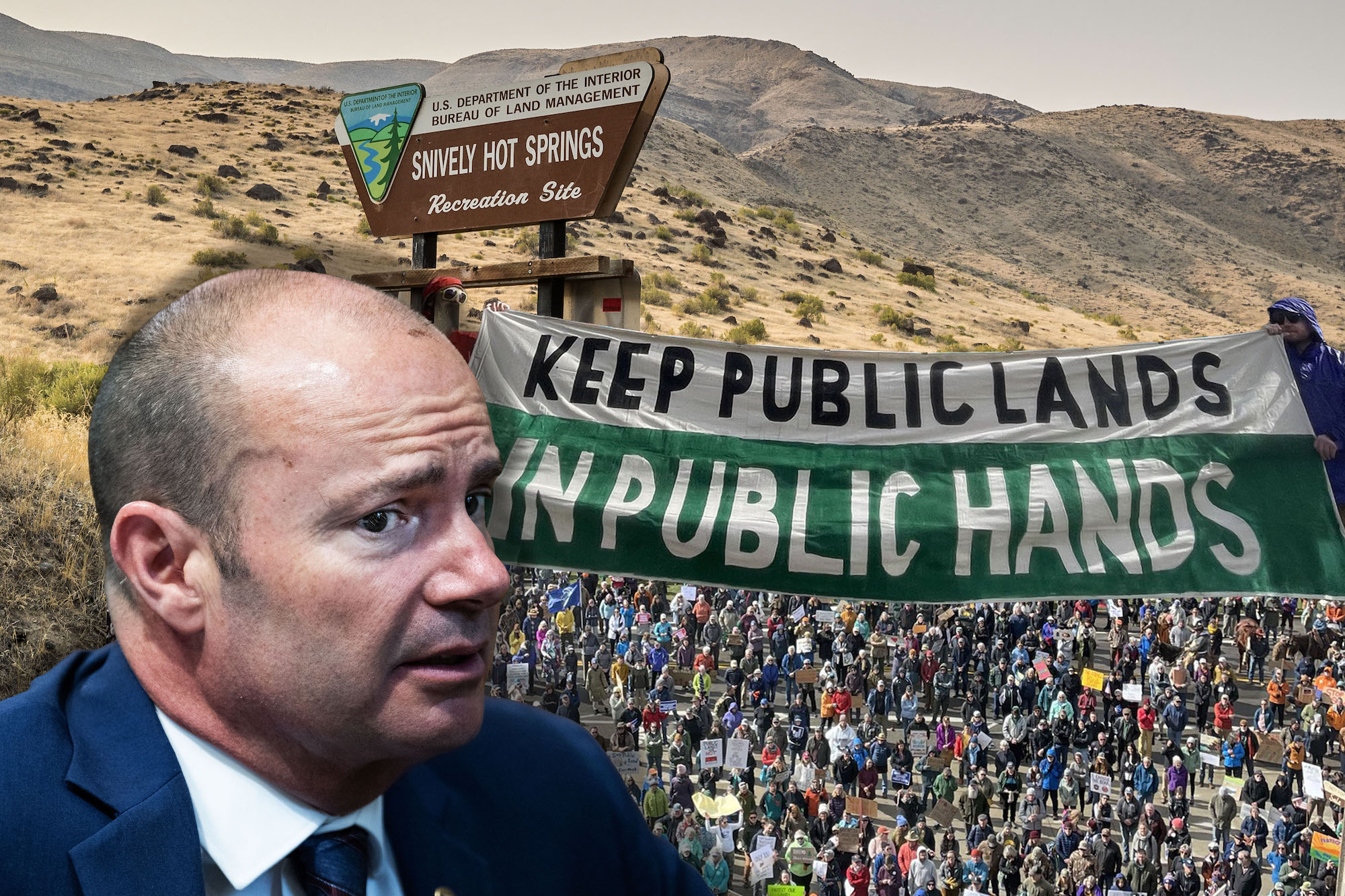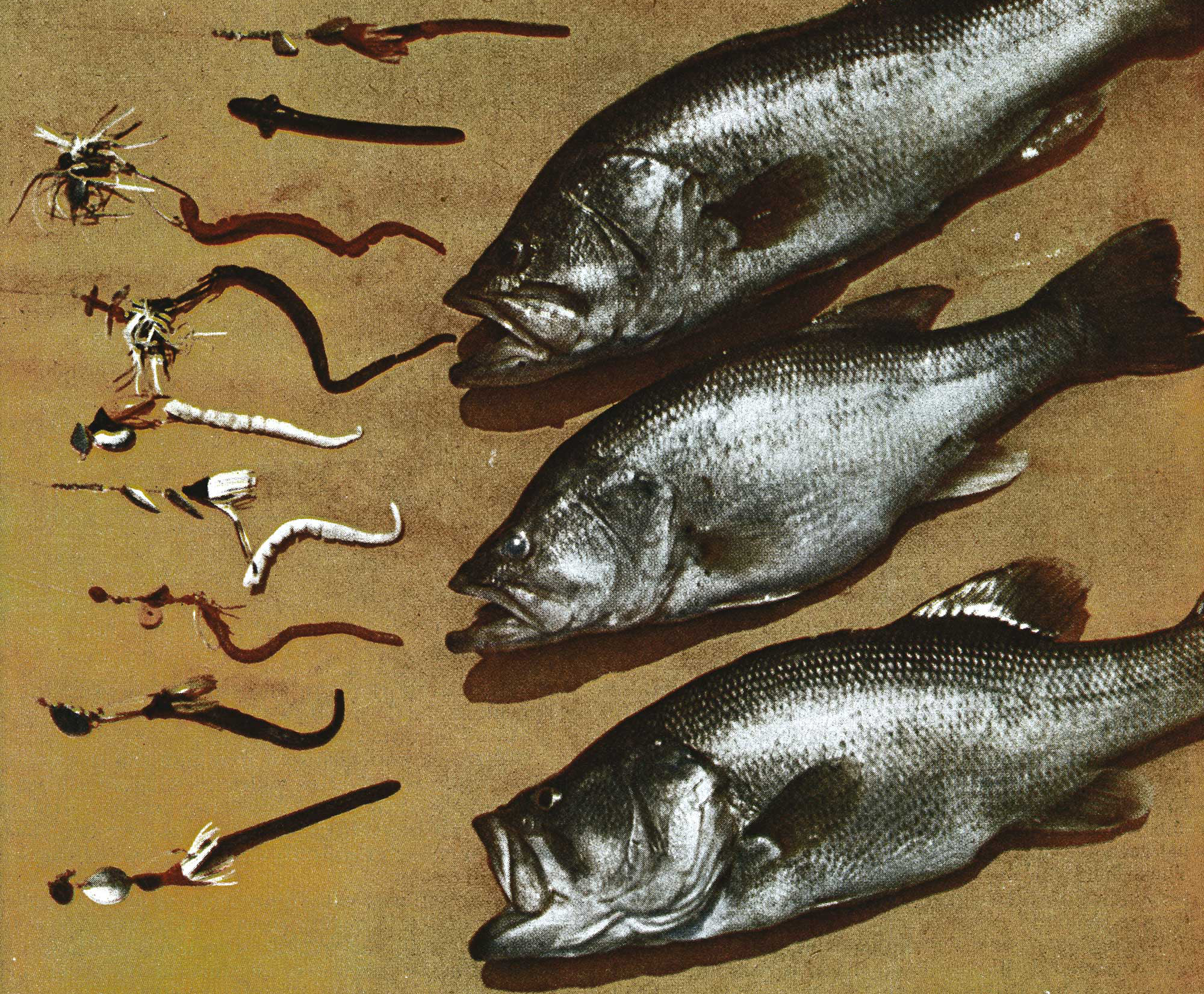Breaking: Mike Lee’s Public Land Sale Plan Is Dead

Facing overwhelming opposition from all Democrats and a growing number in his own party, Utah Republican Senator Mike Lee tonight withdrew his proposal to sell millions of acres of public land to help balance the federal budget.
In a statement issued by his office, Lee said that because of the “strict constraints of the budget reconciliation process, I was unable to secure clear, enforceable safeguards to guarantee that these lands would be sold only to American families — not to China, not to BlackRock, and not to any foreign interests. For that reason I’ve made the decision to withdraw the federal land sales provision from the bill.”
Lee’s language, a central part of the omnibus federal budget bill, would have put more than a million acres of BLM land on the auction block starting later this year.
Senate leaders, hurriedly working to get the budget to a floor vote this weekend, gave Lee the opportunity to pull his provision, pages 202 to 211 of the thousand-page Big Beautiful Bill, knowing that it would have faced certain defeat by the Republican-majority Senate. That language would have forced the sale of BLM land in 11 Western states to offset tax cuts and royalty rebates to gas and oil drillers.
The language in those pages, sponsored and revised over the last two weeks by Lee, would have created the largest disposal of public land since the Homestead Act. Tens of thousands of hunters, anglers, hikers, and public-land recreationists have pummeled the offices of their congressional delegations with increasingly strident demands to kill Lee’s bill.
That continued pressure from a broad and vocal coalition of rural hunters, suburban hikers, livestock producers, Main Street business owners, anglers, dirtbag climbers, and whitewater rafters made the difference, says Montanan Randy Newberg, host of Fresh Tracks and a vocal public-land advocate.
“Mike Lee did something that we’ve not been able to do, to have all Americans become focused on one issue, no partisanship, no Rs, no Ds, and in the process I hope they have sent a message that public lands are that third rail of American politics,” says Newberg, one of several social-media personalities who rallied his audience around defending public lands. “I think you could also say the same of the Senate, they put partisanship aside to kill this bad idea.”
Newberg singled out the work of New Mexico Democrat Martin Heinrich for his ability to keep all Democrats aligned on killing Lee’s bill, and working across the aisle to convince fellow Western Republicans that it was bad for their constituents.
While calls for the removal of the land-sale language from the mega bill was nearly unanimous, Lee kept digging in, making revisions that increased the amount of land that could be sold and adding vague language that seemed to stray from what he said was his intention: to allow Western municipalities to buy surrounding federal land in order to grow and build affordable housing for their residents.
But in the most recent iteration, released by Lee’s office last night in order to satisfy the Senate’s budgetary rules, the highest priority for would-be disposed BLM lands was their appraised value. That highly valued land would likely have been bought by amenity purchasers, not cash-strapped Western cities.
By adding lands with unallocated subsurface mineral rights to the total, the latest draft of the bill alarmed conservationists —— as much as 3 million acres of BLM land might have been available for sale to private industries, speculators, and even foreign governments.
The Senate’s budget reconciliation process allows the omnibus budget package to pass by a simple majority. Republicans have only a 3-seat majority in both the Senate and House, but four Western Republicans had indicated they wouldn’t support the budget bill if it contained Lee’s land sales provision. Sources report that the roster of Republicans quietly in opposition to the measure was large and growing, causing the Senate leadership to strike Lee’s language in order to move the rest of the Big Beautiful Bill, which among other things could make tax cuts permanent for the wealthiest Americans and also includes cuts to Medicaid, public-lands management agencies, and federal reimbursements to rural hospitals.
The Senate’s death blow to Lee’s bill removes pressure on the House of Representatives to kill the language. The House had been considered the “backwall” in efforts to make sure the land-sale provision didn’t advance to President Trump, who had indicated strong support for the proposal.
Read the full article here









